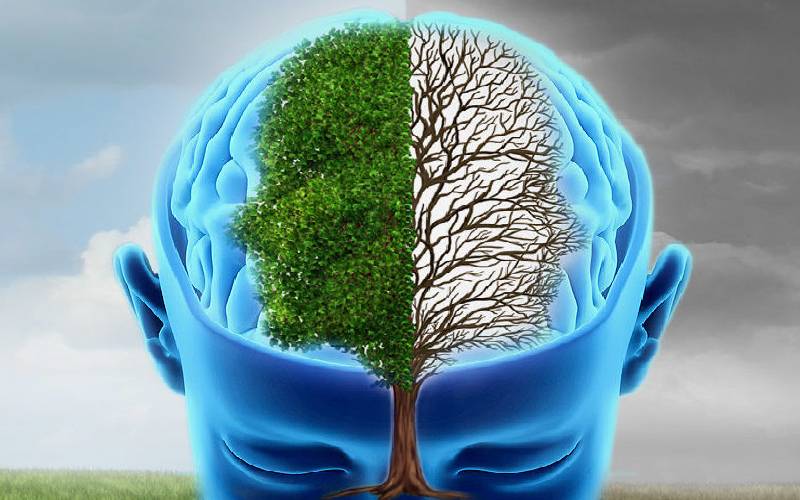×
The Standard e-Paper
Fearless, Trusted News

Bipolar disorder is also known as manic-depressive illness, which is characteriSed by unusual and typically dramatic shifts in mood and energy. [Courtesy]
I was there at their wedding and I witnessed their divorce 18 years later. They were a beautiful couple when they got married; young, ambitious and pursuing their education abroad. The cracks started to appear barely six months into the marriage. She fluctuated between wild mood swings gravitating from extreme happiness and joy to sudden depression and tears.